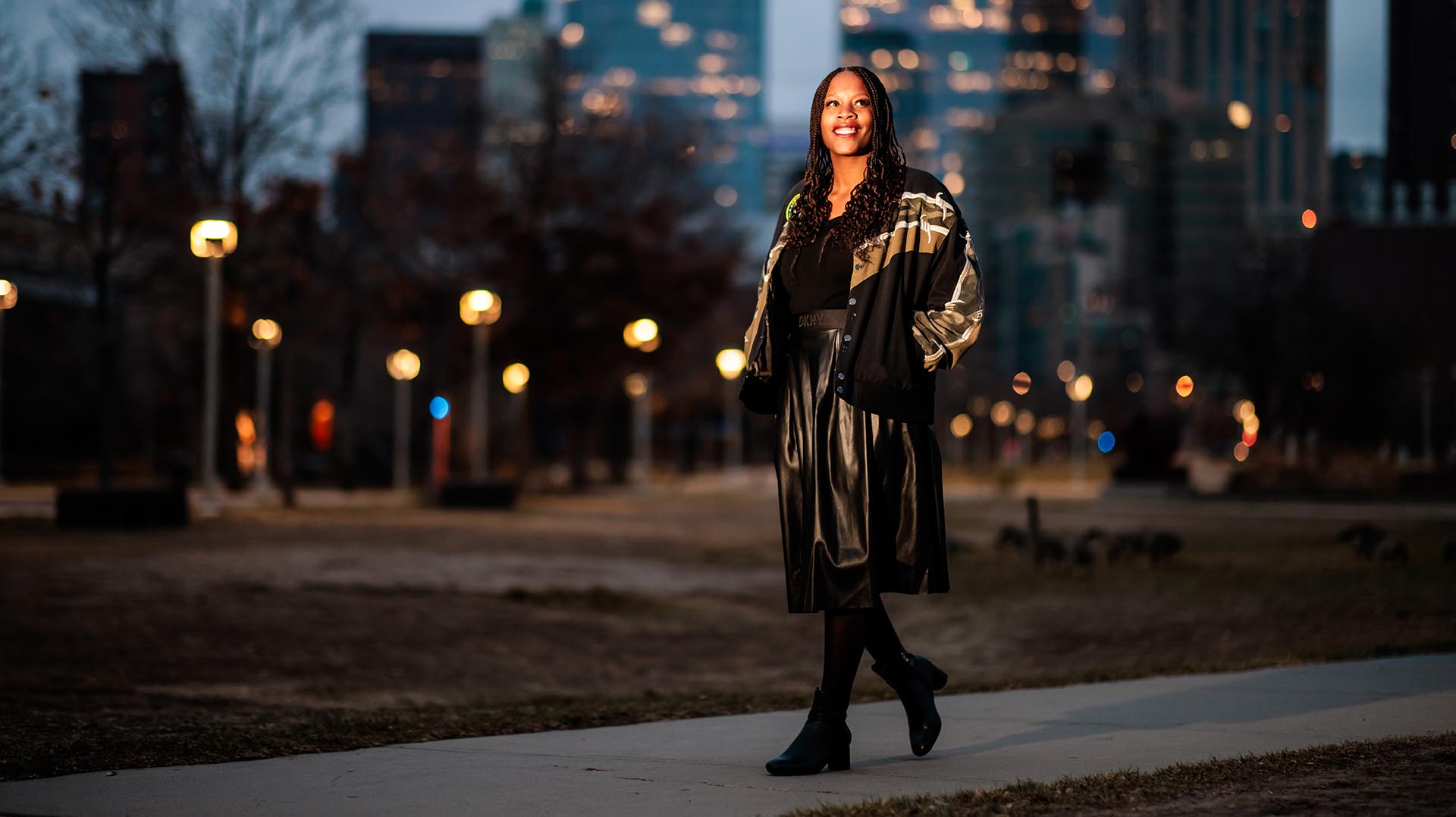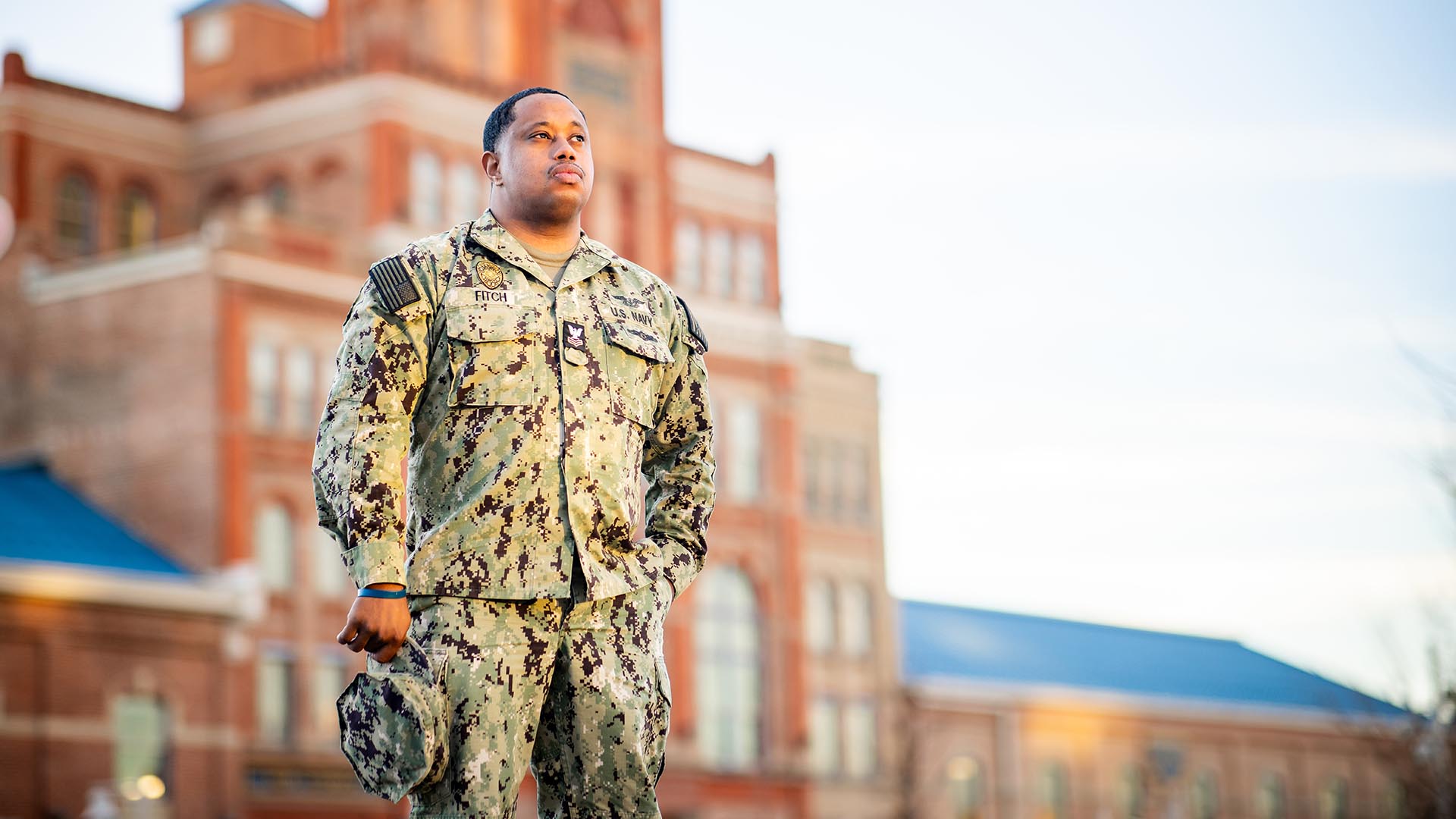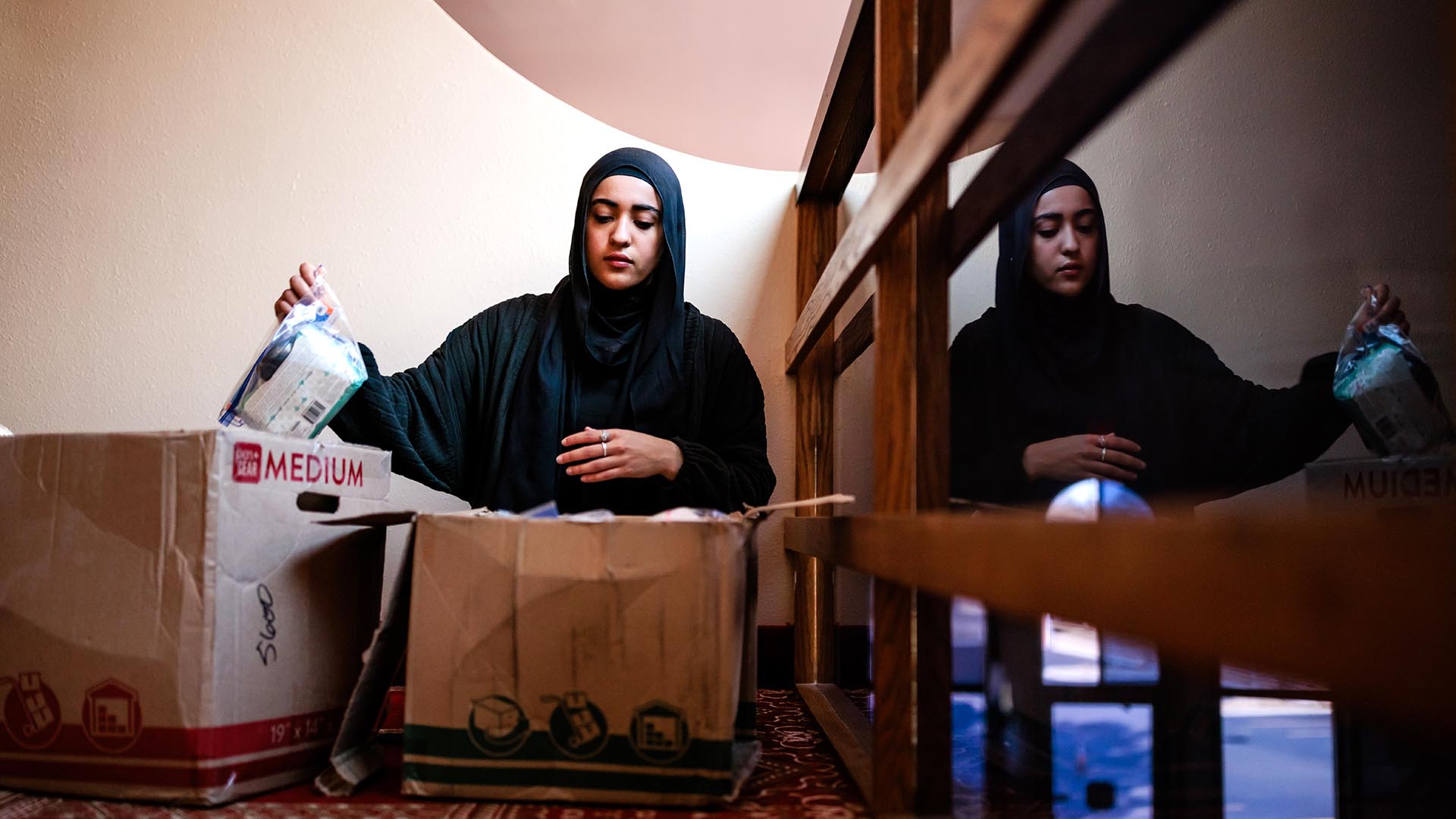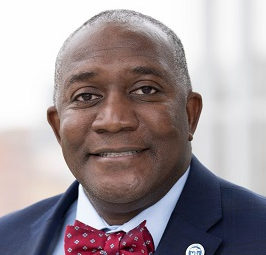Promise of free tuition aims to eliminate financial barriers to college
MSU Denver expands financial aid program that will make higher education more accessible to hundreds of Coloradans.
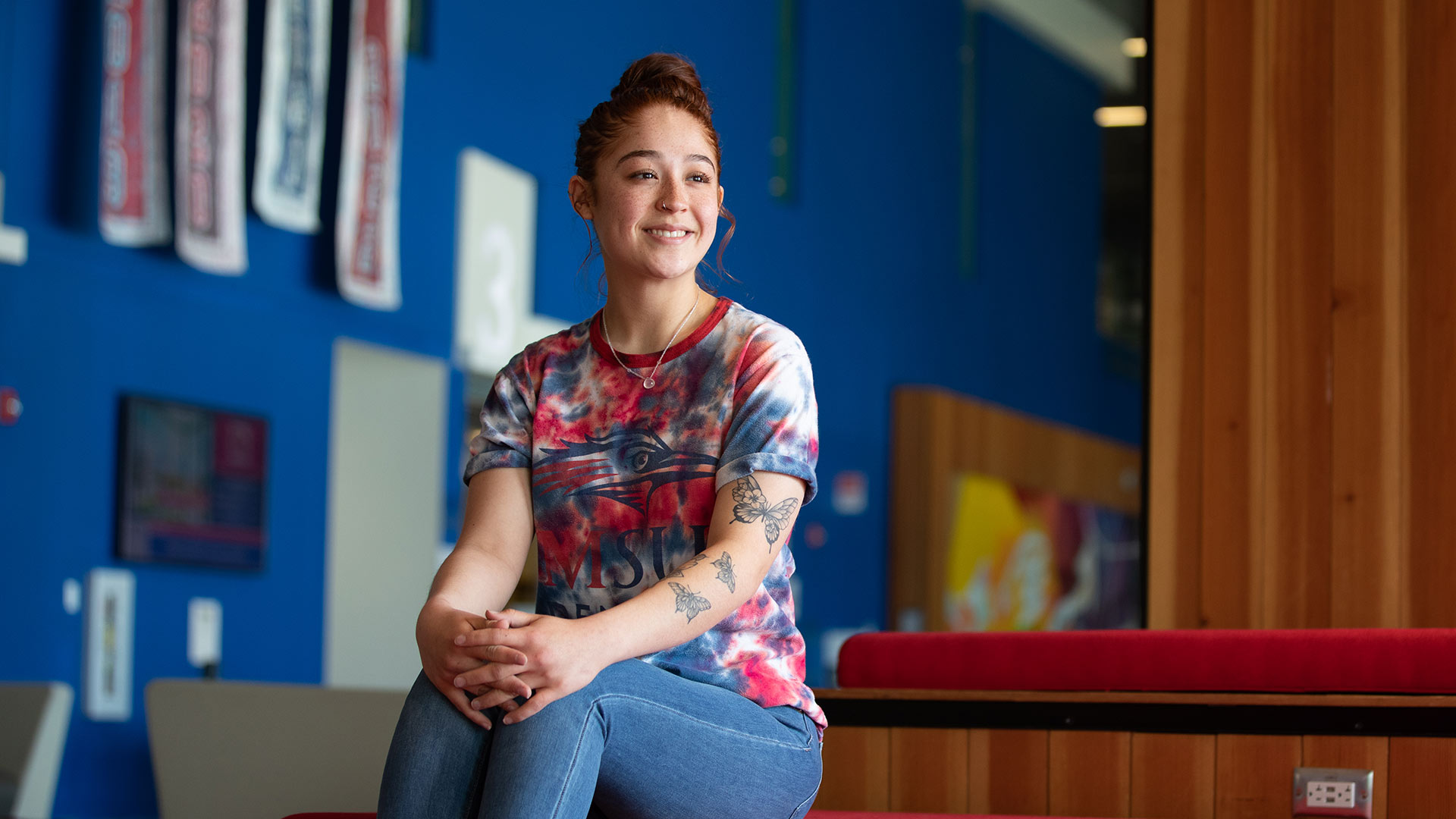
Sage Sigman describes his college journey as “a bit complicated.” He was homeless when he decided to enroll at Metropolitan State University of Denver in 2019 and had no idea how he would pay for his education. His first stop: MSU Denver’s Financial Aid Office, where he learned he was eligible for federal, state and University grants and scholarships that would cover his college costs.
“That opened up a lot of opportunities,” said Sigman, a sophomore majoring in Political Science and Communication Studies. “Not having to worry about how I pay for college is a big deal because it allows me to focus on my studies and to develop professionally, personally and academically.”
Sigman is among the nearly 5,000 MSU Denver students, roughly 30% of the University’s undergraduate population, who do not pay for tuition and fees, and that number is about to grow.
MSU Denver is expanding a program called the Roadrunner Promise, which will make college more accessible for hundreds of additional first-time students starting this fall.

EligibilityThe Roadrunner Promise is open to Colorado residents with a FAFSA or CASFA on file by June 1, 2022. To qualify for the new expanded portion of the Roadrunner Promise, newly admitted students must:
The new expansion covers a maximum of 15 credits per semester, and recipients must meet satisfactory academic-progress standards for financial aid each semester (2.0 cumulative GPA and 67% course completion rate) to continue receiving funds. Learn more.
|
|
Launched in 2017, the program pays tuition and fees for eligible students whose fees aren’t covered by other federal, state and institutional aid and scholarship programs.
Initially, prospective students who demonstrated on financial-aid applications that their families couldn’t contribute more than $2,400 to their education would be eligible for free tuition, with the University covering any amount not taken care of by other financial-aid sources.
Now, the expanded program will offer free tuition and fees for up to four years for first-time, full-time students with family incomes of less than $60,000 per year, said Will Simpkins, Ph.D., vice president for Student Affairs at MSU Denver.
Simpkins estimates that an additional 5% to 10% of the University’s undergraduates, about 750 to 1,500 students, will have their tuition and fees fully funded by the expansion.
The program reinforces MSU Denver’s mission as a public open-access university that serves more Coloradans, more first-generation students and more Coloradans of color than any other institution in the state, Simpkins said.
“We work hard to ensure that every Coloradan has the opportunity to earn a bachelor’s degree, and part of creating opportunity is eliminating financial barriers to study,” he said. “We strive to create economic mobility for our students and economic returns for the communities we serve. When our students graduate with little to no debt, that means we’re supporting their long-term financial stability.”
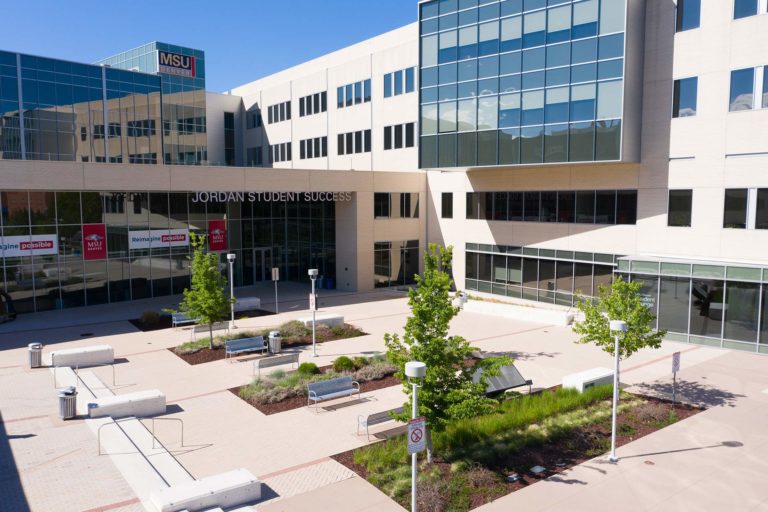
MSU Denver’s move to expand accessibility comes as the Biden administration advocates for increased federal investments that would make college more affordable to more people. President Joe Biden’s proposed budget for next fiscal year includes an increase in the maximum Pell Grant by $2,175 over the current maximum award of $6,895.
Simpkins said increases in grants are needed amid rising costs for college.
Between 1980 and 2020, the average price of tuition, fees and room and board for an undergraduate degree increased by 180%, according to the National Center for Education Statistics. In 1980, the average price to attend a four-year college full-time was $10,231 annually, including tuition, fees, room and board, adjusted for inflation. By 2019-20, the total average annual cost had increased to $28,775.
MSU Denver is among the most affordable four-year institutions in Colorado. In-state students taking 12 credit hours of classes who don’t receive financial aid pay about $5,200 in tuition and fees per semester.

In addition to expanding its own Financial Aid program, MSU Denver is working to get more students to complete the Free Application for Federal Student Aid (FAFSA) and the Colorado Application for State Financial Aid (CASFA). Nearly 30% of students don’t file either form, likely leaving money on the table.
Without financial aid, school would be “a difficult burden,” said Alex Chavez, a junior at MSU Denver studying Human Nutrition.
“The aid I’ve received has been a tremendous help,” Chavez said. “I know I wouldn’t be able to be as invested as I am in my academics without it. I think it’s important to use the resources that are available to us because this school really wants all students to succeed.”


